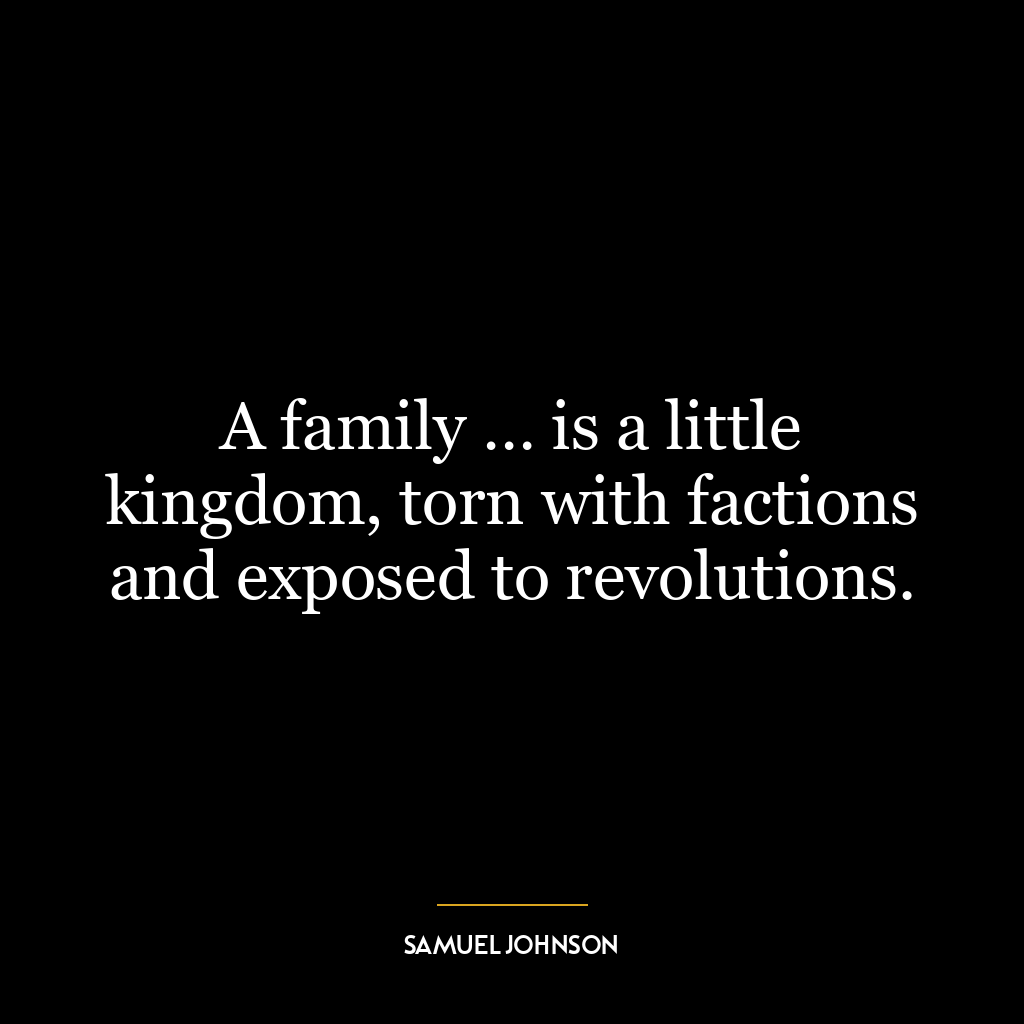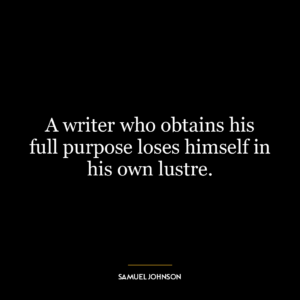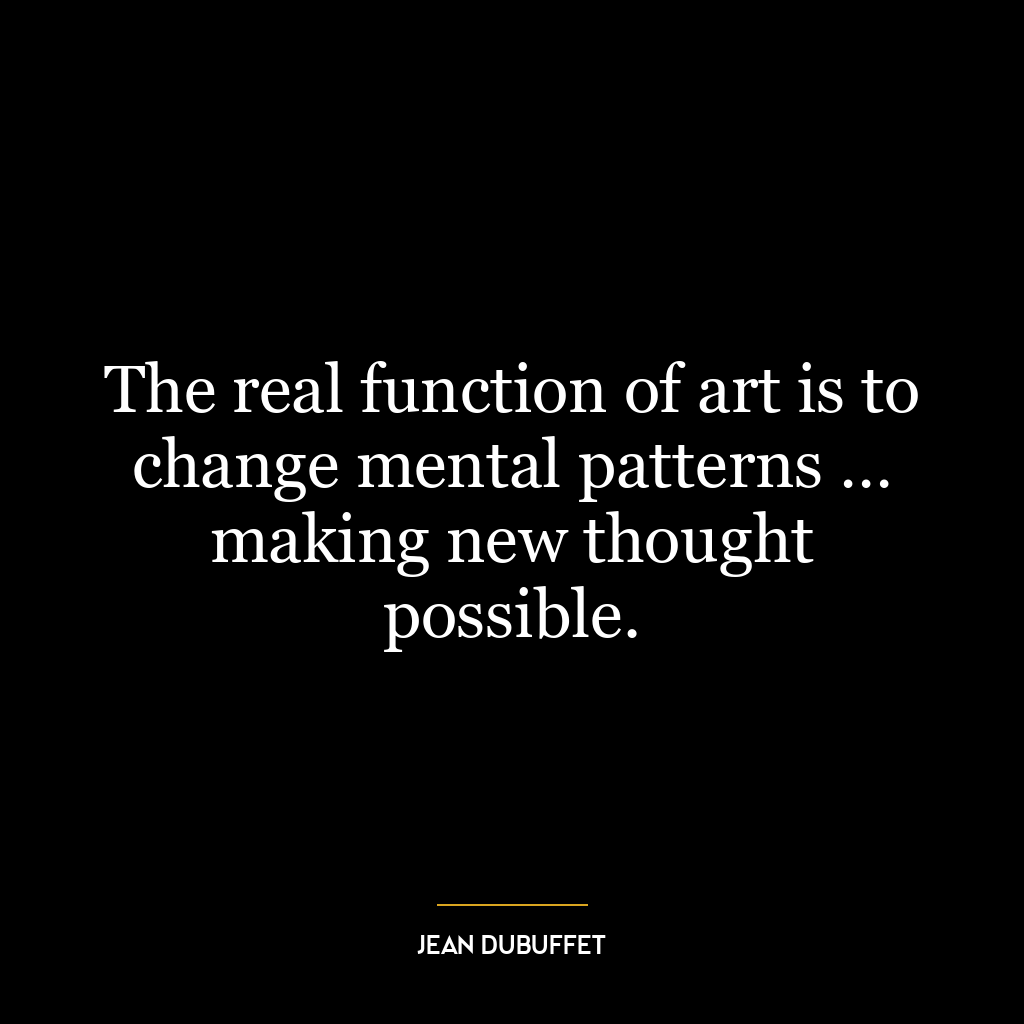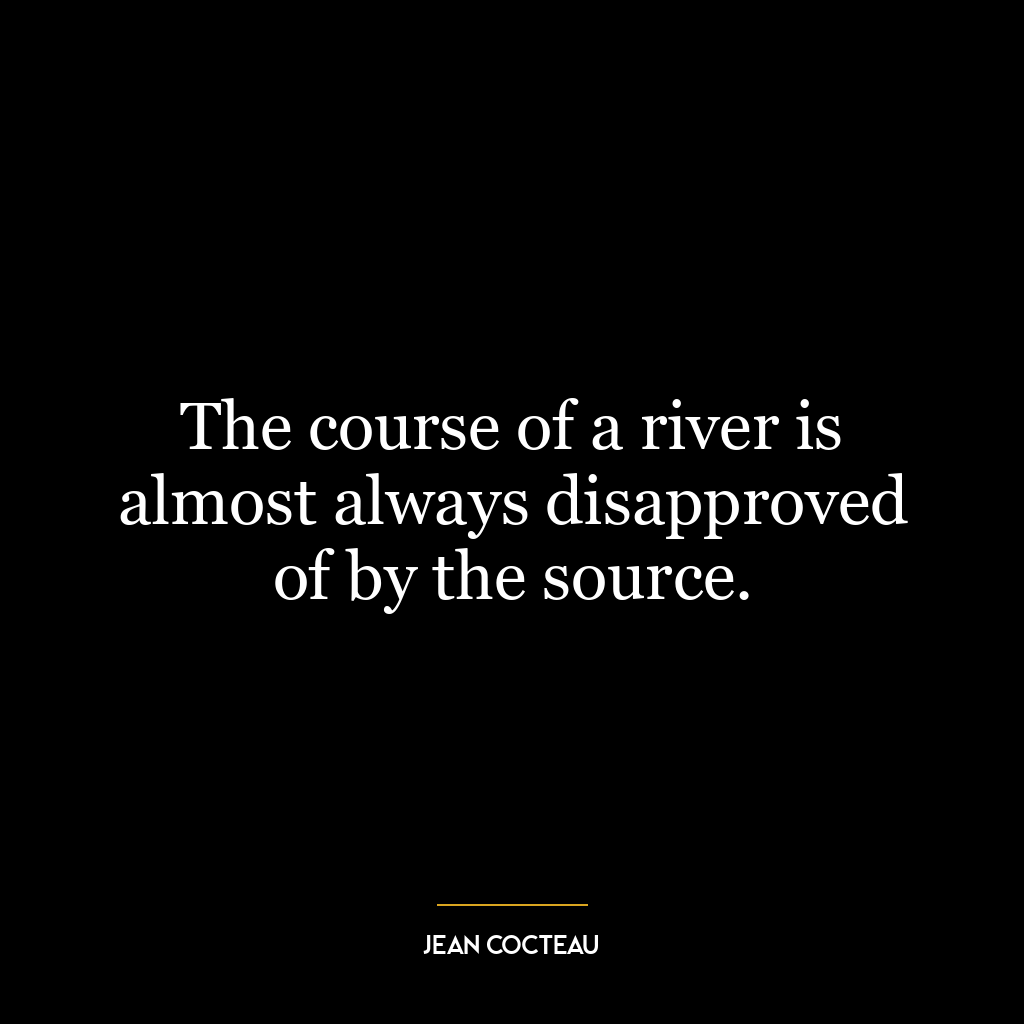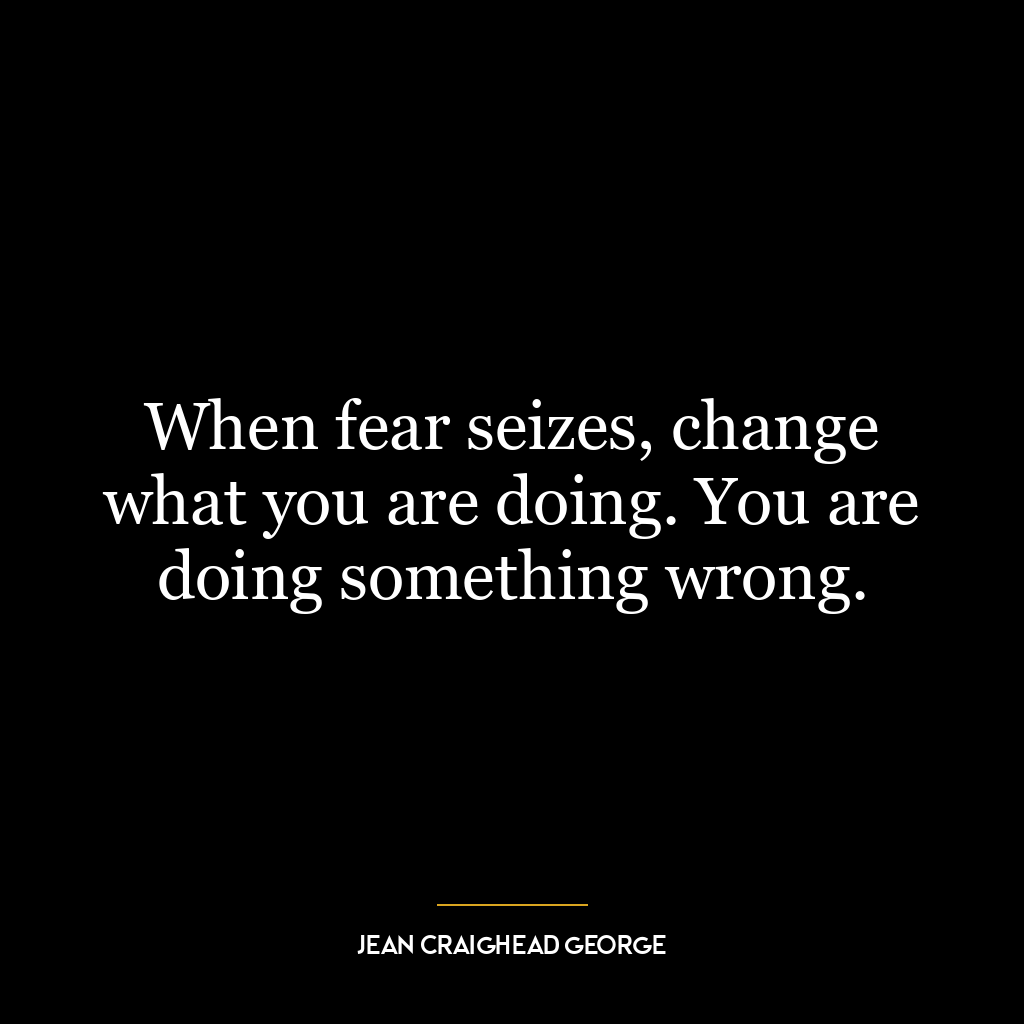This quote suggests that a family, much like a small kingdom, is often filled with differing opinions and conflicts (factions) and goes through periods of drastic change (revolutions). Each member of the family can be seen as a citizen of this ‘little kingdom’, each with their own unique perspectives, goals, and desires. This diversity can lead to disagreements or ‘factions’, but it’s also the source of dynamism within the family.
The term ‘revolutions’ refers to significant shifts or changes within the family structure. These could be anything from moving houses, divorce, death in the family, birth of a new sibling – events that shake up the status quo and require everyone to adapt.
Applying this idea in today’s world or personal development would mean acknowledging that conflict and change are inevitable parts of familial relationships. Instead of fearing these elements, they should be embraced as opportunities for growth. For instance, disagreements could foster open communication while revolutions could build resilience.
In terms of personal development, understanding this quote might encourage individuals to handle disagreements constructively rather than avoiding them altogether. It might also help individuals become more adaptable when faced with substantial changes in their lives – seeing them as natural ‘revolutions’ rather than insurmountable obstacles.
Moreover, considering one’s family as a little kingdom may inspire individuals to take responsibility for their roles within it – just like citizens contributing towards their country’s welfare – thereby fostering empathy and cooperation among members despite differences.

